Vertu Motors is taking its car dealerships “off grid” as part of efforts to combat the soaring cost of energy in the second half of 2022.
The AM100 PLC revealed that, although it expects its full-year financial results to be in-line with expectations, they will be weighted to the first half of its economic year after rising energy costs and soaring inflation impacts profitability.
A trading update published via the London Stock Exchange this morning (September 6) revealed that the group faced the prospect of renegotiating its energy tariffs this month and was taking decisive action to mitigate against rises in excess of 250% seen by others in the sector.
It said that its management was “very focused” on reduced energy usage as part of an energy purchasing strategy which includes “the sourcing of off-grid energy solutions in order to manage the Group's exposure to energy market price volatility risks”.
Away from the rising costs of doing business ushered in by current UK inflation of over 10%, Vertu’s trading update revealed that its operating expenses had increased year-on-year as a consequence of the removal of Government support for business rates, which reduced costs in H1 2021 by £5.2m.
Strong margins, full order banks
At its network of 160 dealerships, both new and used car registrations have declined during 2022 as a result of supply issues.
While new car profitability has increased, it said that a stabilisation of used car values had reduced their profitability from the very high levels witnessed in the financial year ended February 28, 2022.
Vertu retains a strong order bank for 13,000 new fleet and retail vehicles, however.
In Vertu’s aftersales departments revenues remain ahead of prior year levels on a like-for-like basis with improvements to customer retention and an increase in capacity for the internal preparation of used cars.
Warranty activity remains subdued, as a result of the decline in the up to three-year vehicle parc, however, and service margins have been reduced due to higher technician costs.
Parts, smart repair and accident repair centres saw continued significant performance improvements in revenue and gross profit terms, Vertu added.
New franchise partners
In an outlook statement spelling out its priorities for the remainder of the year, Vertu said that growth remains on the agenda, despite a focus on the delivery of operational excellence around cost, conversion and customer experience.
It has already taken on Toyota GB’s franchised car retail group for the West of Scotland from Arnold Clark and strengthened its parts business with the acquisition of supplier Wiper Blades so far this year.
It added: “The group continues to evaluate and execute acquisition opportunities as it seeks to deliver its core strategic objective of value accretive growth.
“The group has more franchise relationships than any other UK group and yet discussions are moving positively with a number of franchises the group does not currently represent which are likely to lead to further growth in scale.”
Energy crisis
The cost-of-living crisis and the soaring cost of doing business remains a concern for the entire automotive retail sector.
In-line with Vertu’s efforts to mitigate against energy price rises, Journey Energy Solutions managing director Darren Riva told AM earlier this year: “Realistically, the only way for car retailers and other businesses to ensure energy savings is to go off the grid.”
His comments came months after an AM news insight feature found that many businesses faced the realistic prospect of turning off the showroom lights in a bid to save energy last winter.
Yesterday, Pebley Beach managing director Dominic Threlfall warned that this summer could see dealership staff forced to don jumpers and jackets to stay warm in showrooms.
And Devonshire Motor dealer principal Nathan Tomlinson said: “The level of focus, management and goal orientation now being applied to energy management is typical of all the things we do well in order to increase gross profit.
“Quite candidly, you can probably invest yourself in energy and resource management and make more impact on the bottom line than you can by intense involvement in the day-to-day operations and the classic overall dealership aims of selling either another car, part or labour hour.”

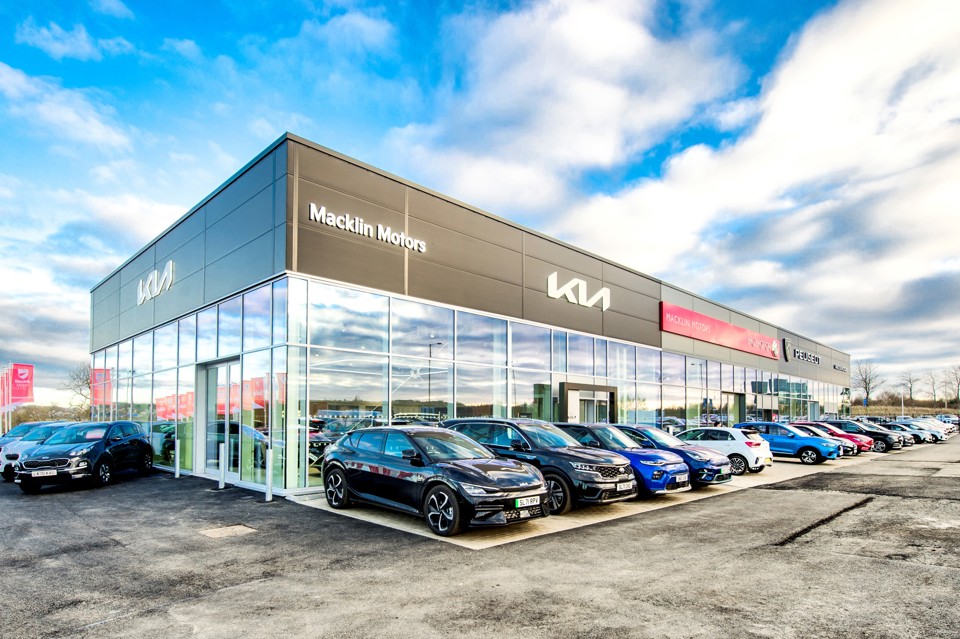

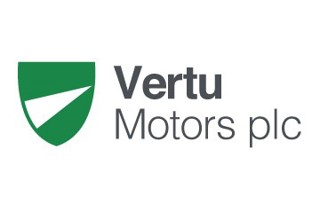
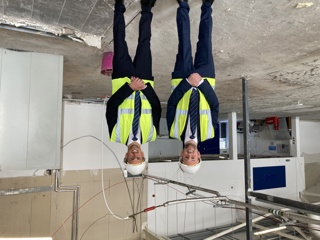
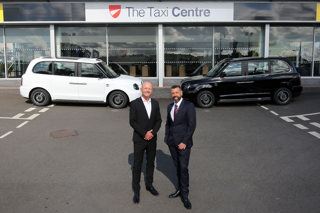
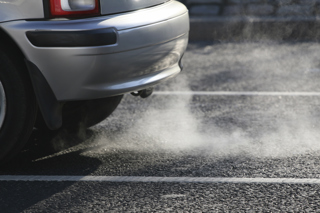
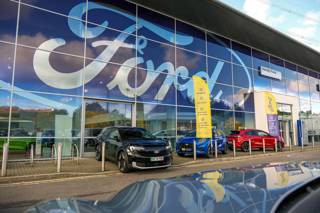



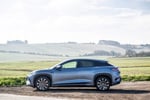
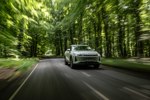



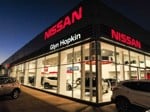




Login to comment
Comments
No comments have been made yet.